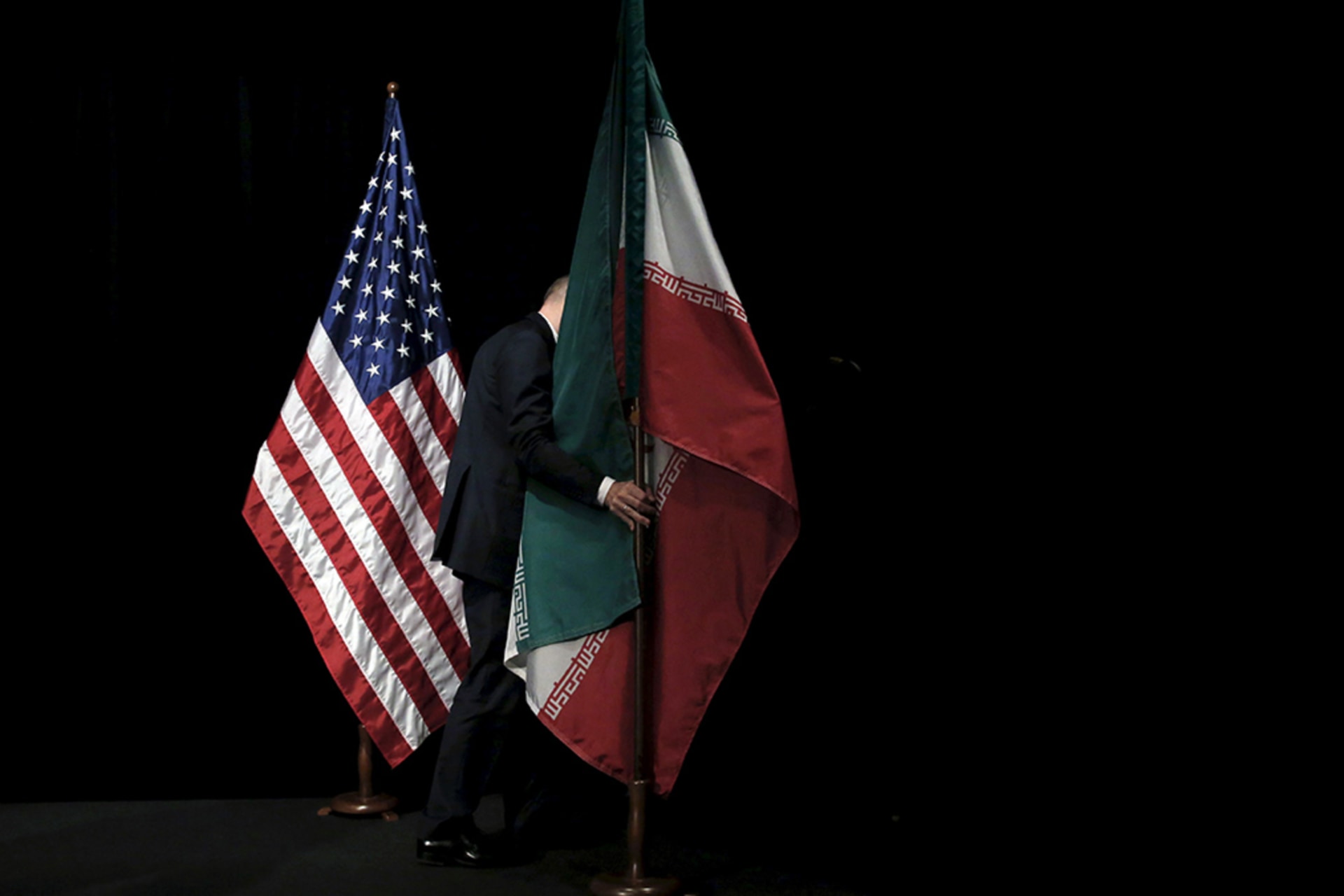Evaluating the Trump Administration’s Iran Policy

By experts and staff
- Published
Experts
![]() By Richard HaassPresident Emeritus, Council on Foreign Relations
By Richard HaassPresident Emeritus, Council on Foreign Relations
In his testimony before the House Committee on Foreign Affairs, CFR President Richard N. Haass analyzed the pros and cons of the targeted killing of Qasem Soleimani and offered recommendations for U.S. policy moving forward.
Takeaways:
- The targeted killing of Soleimani took place within a context of longstanding suspicion and animosity between the United States and Iran over the past four decades since revolution in Iran ousted the Shah and brought about the Islamic Republic.
- The 2015 nuclear agreement with Iran (more formally, the Joint Comprehensive Plan of Action or JCPOA) cut the amount of enriched uranium Iran could legally possess, reduced its ability to produce more, and introduced an intrusive set of inspections. The result was that the time Iran would need to build nuclear weapons and achieve a nuclear or near nuclear capability increased to something on the order of one year, a period sufficiently long for Western intelligence agencies to discover what was going on and for governments to respond.
- At the same time, there were problems with the JCPOA, including its limited duration and lack of constraints on delivery vehicles such as ballistic missiles. The fact that the JCPOA did not constrain Iran’s regional activities should not be considered a flaw of the agreement, however. Arms control cannot be expected to accomplish everything, and if we insist that it do so, we run the risk it will accomplish nothing. Grand bargains seek the perfect at the expense of the possible.
- The U.S. sanctions subsequently imposed on Iran constituted a form of economic warfare. Iran was not in a position to respond in kind, and instead initiated a series of actions meant to make the United States and others pay a price for the sanctions and therefore conclude they needed to be removed. The United States never provided a diplomatic alternative to Iran when it imposed these sanctions.
- If there is evidence that Soleimani was involved in mounting an imminent attack on U.S. forces, it should be made public. If, however, it turns out that these criteria were not met, his killing will be widely viewed as an action of choice and not necessity, one leading to an open-ended conflict between the United States and Iran fought in many places with many tools and few red lines that either will observe.
- A preemptive attack (for example, attacking a missile about to launch or an airplane loaded with bombs about to take off) is treated in international law as a legitimate form of self-defense. However, a preventive attack (mounted against a gathering threat rather than an imminent one) is something very different. A world of regular preventive actions would be one in which conflict were far more prevalent. It is not in our interest to lower the norm against preventive attacks lest they become much more frequent.
- There is no doubt that Soleimani had the blood of Americans on his hands and was a force for instability in the region. But just because he was an evil person and killing him may have been legally justifiable does not make it wise. Among the negative consequences:
- Looking ahead, the United States should work closely with its allies and the other signatories of the JCPOA to put together the outlines of a new and improved agreement – call it JCPOA 2.0 – and present Iran with a new deal.
- The United States should also act immediately to repair its relationship with Iraq. Iraq is among the region’s most important countries. It is an essential component of any containment of Iran. We do not want to open the door to increased Iranian influence. Nor do we want to see a reconstitution of a massive terrorist threat in the form of ISIS or anyone else based within Iraq’s borders. The threat of sanctions against Iraq ought to be removed. So, too, should the threat for U.S. forces to remain in the country absent Iraqi permission.
- The Trump administration needs to accept reality. Regime change in Iran is unlikely. Our objective should be to change Iran’s behavior, to negotiate an outcome in the nuclear and missile sphere acceptable to both countries, and through our actions to lead Iran to conclude that it will fail if it continues to try to destabilize the region. This all still remains possible.
